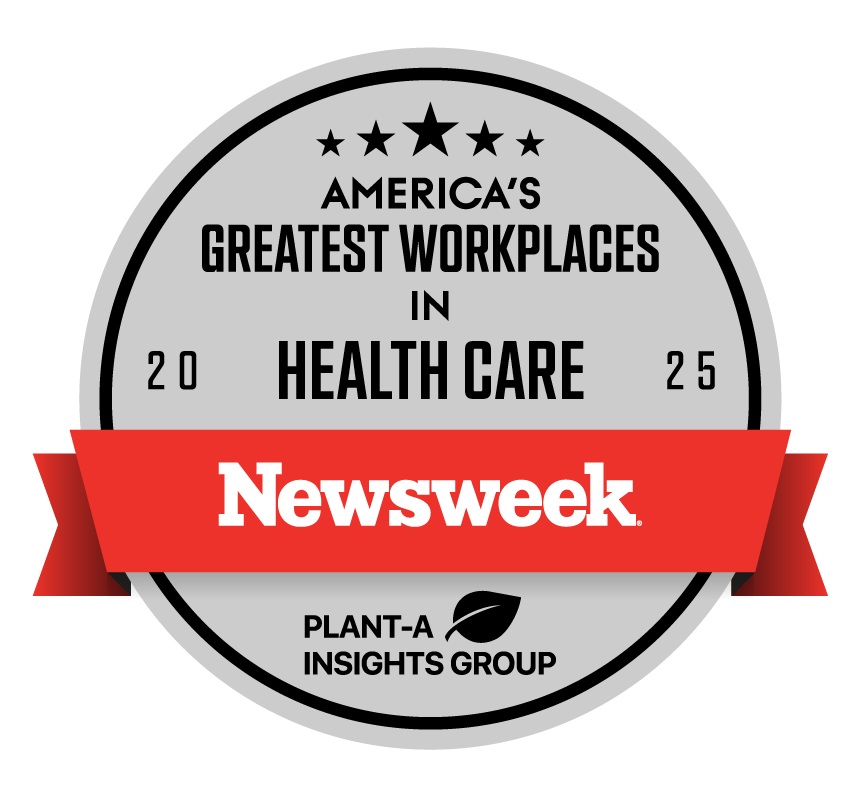Developing Your Personal Trigger Management Plan in Early Addiction Recovery
In early addiction recovery, triggers are a regular part of the process. While many people hope they can avoid triggers altogether, life does not stop presenting challenges once addiction recovery begins. Learning how to recognize, prepare for, and respond to triggers is a critical skill that supports long-term recovery. Developing ...
Board Member Spotlight: Dr. Jeroan Allison
With decades of experience in medicine, research, and community health, Dr. Jeroan Allison brings expertise and compassion to his Spectrum Health Systems’ Board Member role. His life’s work centers on promoting health equity and ensuring that marginalized and underserved populations receive the care they deserve. Advancing Medicine, Research, and Community ...
Celebrity Recovery Story: Ben Affleck
Ben Affleck, one of Hollywood’s most recognizable actors and filmmakers, has long been open about his struggle with alcohol use disorder. His journey, marked by early success, personal challenges, periods of recovery, and relapse, highlights the complicated nature of addiction and the strength it takes to seek help. By speaking ...
Asking for Help is the Turning Point of Addiction Recovery
Asking for help is one of the bravest things you can do when addiction has left you feeling overwhelmed or alone. While it may feel safer to keep your struggles to yourself, the walls we build to protect us from shame or judgment often become the same walls that isolate ...
A Letter from Our President: Kurt Isaacson Reflects on 2025
Reflecting on 2025, one message rises above the rest: We are not slowing down. Despite ongoing uncertainty in the world around us, Spectrum Health Systems continues to move forward, expanding our services, deepening our community impact, and reaffirming our commitment to providing accessible, life-changing treatment. We’ve never let turbulence stand ...
Inhalant Misuse: What You Need to Know
When most people think about substance misuse, they picture alcohol, opioids, or other drugs. But one of the most dangerous and overlooked types of substance misuse involves products found in almost every home, like cleaning fluid, glue, or even whipped cream canisters. When someone intentionally inhales these vapors or fumes ...
Supporting a Partner in Early Addiction Recovery
Early addiction recovery is an important and challenging phase for anyone beginning treatment for a substance use disorder. It’s also a significant adjustment period for their romantic partners. As routines shift, emotions run high, and treatment decisions evolve, partners may feel unsure about how to help or what their role ...
Board Member Spotlight: Rev. Dr. Susan Suchocki Brown
Spectrum Health Systems is honored to spotlight Rev. Dr. Susan Suchocki Brown, a dedicated board member whose lifelong work in counseling, ministry, and trauma response reflects Spectrum’s core values of hope, healing, and community. With a career spanning five decades, she brings a rare blend of clinical experience, spiritual insight, ...
What is the Alcohol Breaking Point?
Alcohol misuse doesn’t always look like the movies. It doesn’t have to involve a DUI, losing a job, or hitting a dramatic “rock bottom.” For many people, the breaking point with alcohol begins quietly, long before life unravels on the outside. Maybe drinking still feels “normal” from the outside. Maybe ...
National Recovery Month 2025: Recovery Is REAL
Every September, we come together to recognize National Recovery Month. It’s a time to celebrate the power of addiction recovery and to uplift the individuals, families, and communities whose lives are changed by it. At Spectrum Health Systems, we believe in the promise of recovery, and we see that promise ...
Exploring the Therapeutic Benefits of Journaling in Addiction Recovery
Addiction recovery is filled with milestones, challenges, and personal growth. While professional treatment and a strong support system are foundational, some of the most transformative tools in recovery are the simplest, like journaling. Journaling offers a private space to process your feelings, track your progress, and reinforce your commitment to ...
What Are the Early Warning Signs for Alcohol Addiction?
Alcohol addiction doesn't always begin with obvious signs. For many, it can start small with a drink to unwind after work, a way to loosen up socially, or a habit that slowly becomes necessary. But when alcohol begins to take more than it gives, it may be time to pause ...
Why Words Matter When Talking About Addiction Recovery
When it comes to addiction, stigma still runs deep. It shows up in the glances people give, the assumptions they make, and the words they use. Words can carry judgment, shame, and misunderstanding but also hope, dignity, and healing. For those living with substance use disorder, language can equate to ...
PTSD Awareness Month: Addressing PTSD and Substance Use Disorder in Addiction Recovery
Post-traumatic stress disorder (PTSD) and substance use disorder (SUD) frequently occur together, creating complex challenges for those seeking recovery. Studies show that 20 to 35 percent of individuals with PTSD also have a substance use disorder, while an even larger percentage of those struggling with addiction have a history of ...
How to Handle Setbacks Without Losing Hope in Addiction Recovery
Addiction recovery isn’t a straight line. It’s a winding road with highs and lows, moments of triumph, and times that test your resolve. If you’ve experienced a setback on your recovery journey, know that you are not alone and are not failing. Setbacks are not the end of the road. ...


